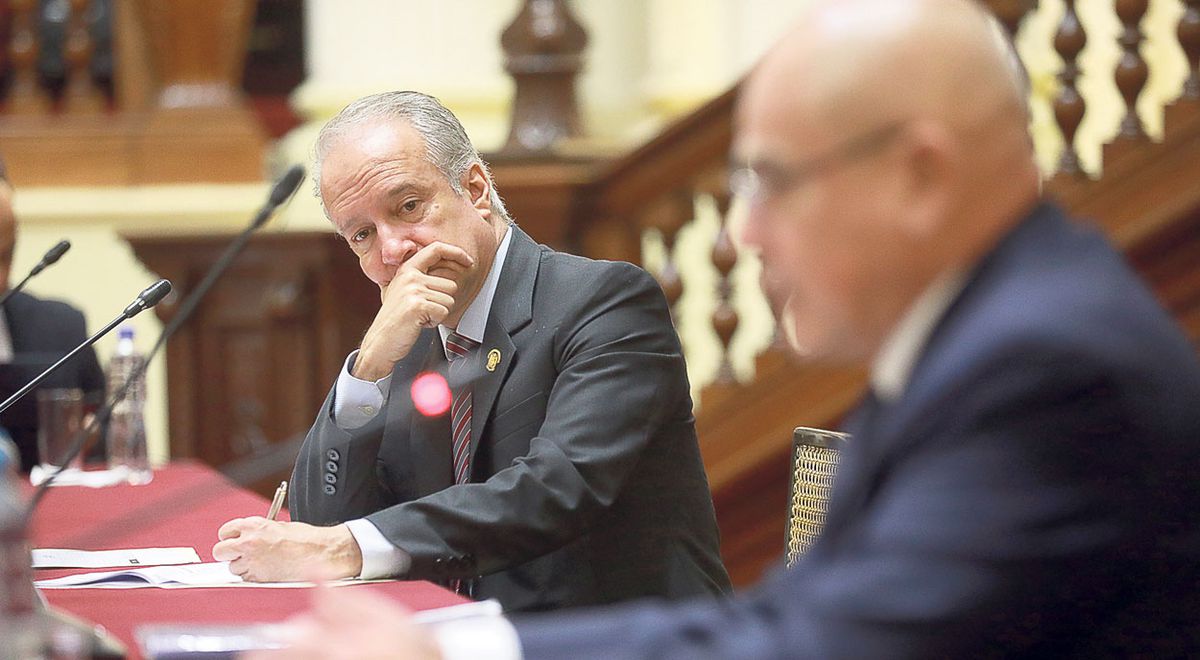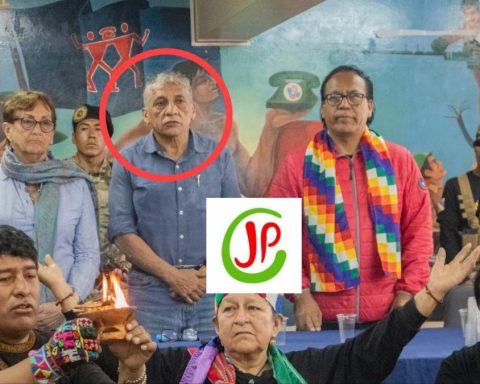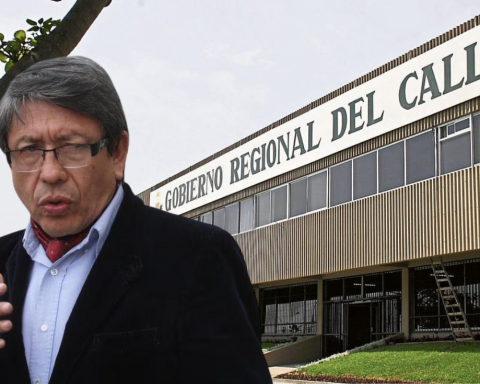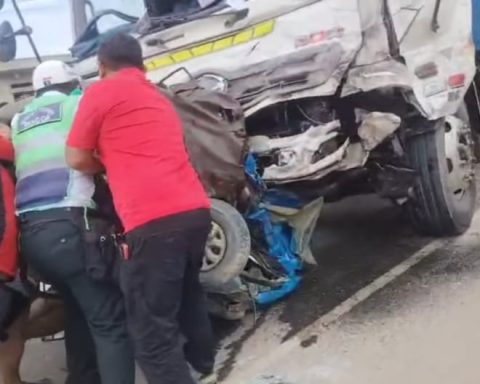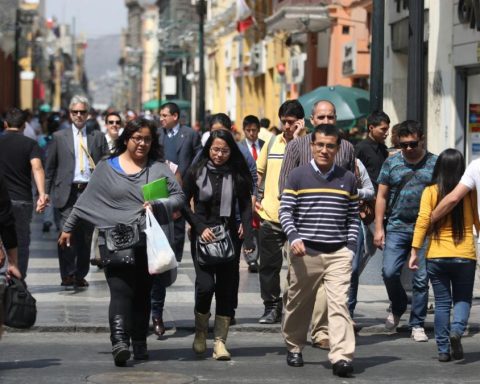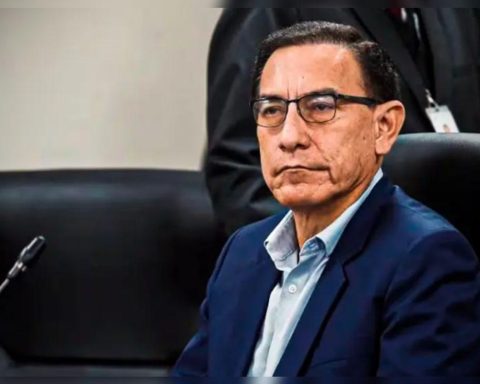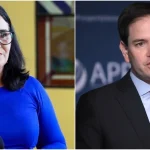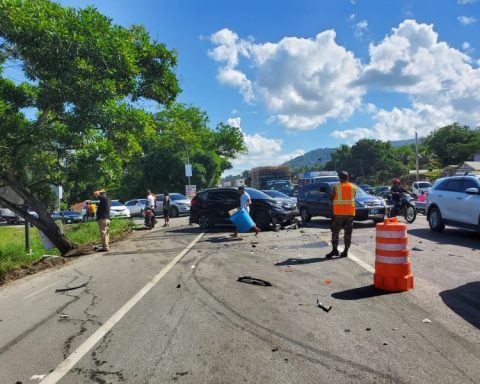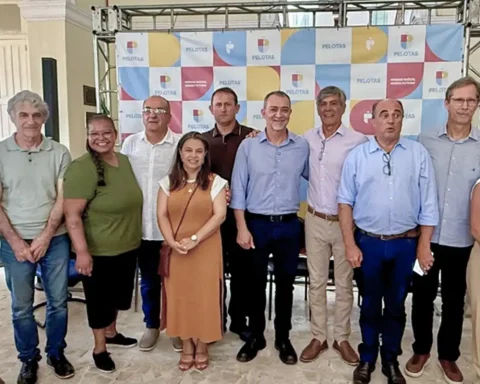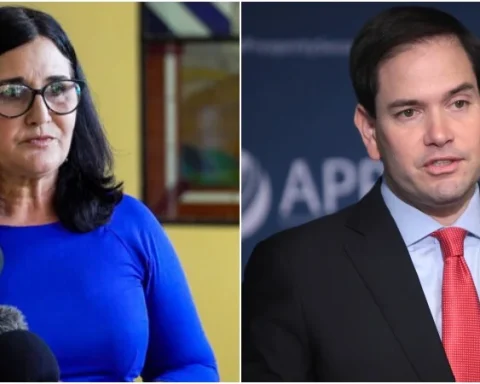In the context of serious accusations weighing on the president peter castlethe Congress now analyzes the option of applying article 114 of the Constitution to suspend it for temporary incapacity. In this case only 67 votes would be necessary. This route, however, would be unfeasible, according to specialists consulted on constitutional law.
On July 21 of this year, the legislator Alexander Munante (Popular Renovation) presented a project to regulate the steps for the suspension of the president. It is a figure different from vacancy and is contemplated in article 114 of the Peruvian Constitution.
In summary, Muñante proposes the following: the motion for suspension can only be presented with 20 signatures of congressmen and the admission to debate would be only with 39 votes. To approve the suspension of Castillo, 67 votes would be necessary; unlike the vacancy that demands 87 votes.
Muñante’s proposal, however, only develops the steps to remove Castillo, but avoids delving into something fundamental: what is meant by temporary disability.
a political instrument
Yesterday, the Constitutional Commission, led by Fujimorist Hernando Guerra García, invited the former president of the Constitutional Court, Ernesto Álvarez Miranda, to hear his opinions on the subject.
Álvarez Miranda said that both the vacancy and the suspension “are basically political instruments.”
He also slipped that the suspension could proceed in the face of “an extremely serious situation” and this could be related to a criminal act. In this line, he considered that the suspension can operate while the Prosecutor’s Office advances the investigation to establish the responsibility or not of the president and the term would have to be only months and not years.
And here arises the controversy over the possibility of suspension in the framework of a tax investigation.
Ambiguous regulation
Article 114 of the Constitution establishes, in a first paragraph, that the president can be suspended for temporary incapacity. In the opinion of constitutionalist Omar Cairo, this figure is not clearly regulated and should be associated with physical disability.
In this regard, Edward Dyer, also a specialist in constitutional law, points out that it should be regulated, not only through the Regulations of Congress but through a law the scope or meaning of temporary disability (just as it is necessary to regulate permanent disability).
Both specialists were also consulted on whether the president can be suspended in the context of a serious situation, until the Prosecutor’s Office determines the eventual responsibility or not of the president.
“I flatly disagree with applying the suspension while the president is being investigated, because the whole path of the jurisdictional sphere or of fiscal investigation is regulated in article 117 of the Constitution,” he said.
And it is that article 117 only specifies that the president can be impeached for treason, for preventing elections or for dissolving Congress.
Edward Dyer also said that article 114 has a second paragraph for the suspension of the president and this would only happen if the process is subject to a judicial process solely for the facts regulated in 117.
Namely, there would be a contradiction if it is intended to apply the first paragraph of article 114 to suspend the president, while a fiscal investigation lasts; when the second paragraph is clear in pointing out that said measure is given when there is a process but already in a judicial instance and for three very specific assumptions.
Article 117 does not include crimes related to corruption. Edward Dyer points out that, even in the debates for the drafting of the 1993 Constitution, Henry Pease proposed to include crimes of corruption, but it was not accepted, according to research carried out by Francisco Eguiguren.
Omar Cairo highlights that If Congress wants to suspend the president, it would have to be through a political trial for violation of the Constitution, within the framework of articles 99 and 100, and that necessarily supposes 87 votes.
Boluarte. Congress advances process to disable it. Photo: Congress of the Republic
Dina Boluarte on her way to disqualification
Simultaneous with the possible suspension of Castillo, Congress processes the complaint against Vice President Dina Boluartenow with Lady Camones at the head of the Subcommittee on Constitutional Accusations.
Boluarte faces two constitutional complaints for the signatures she made on behalf of the Apurimac Club when she was already vice president.
Both complaints point to the disqualification of Boluarte. On October 21 would be the last hearing with the comptroller Nelson Shack and the former mayor of Lima Jorge Muñoz. Then, Edgard Reymundo will have five days to present the final report.
reactions
Edward Dyer, constitutionalist
“I disagree with applying the temporary suspension while the president is investigated; the entire jurisdictional path is already regulated in article 117 of the Constitution”.
Omar Cairo, constitutionalist
“The temporary suspension It could only be applied in case of physical incapacity or if the president faces a judicial process for facts indicated in article 117. There is no other possibility”.
